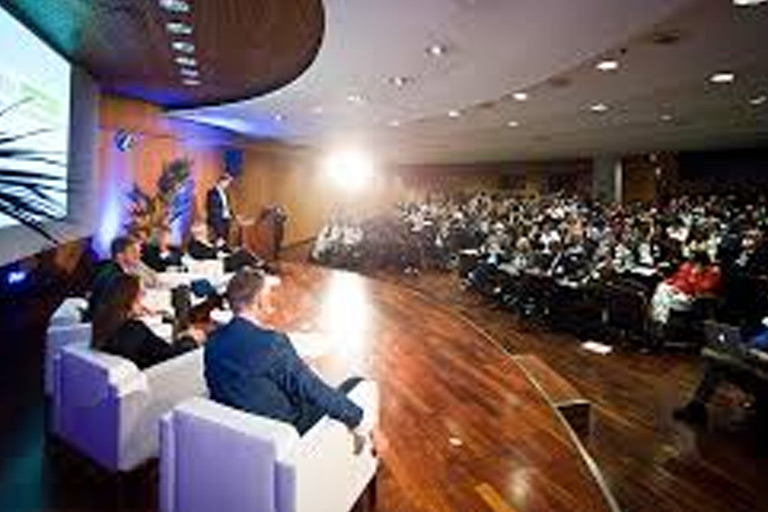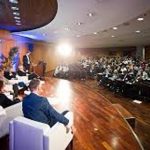Thinking about EHRs as stagnant sources of provider-entered data is a thing of the past. Online communication is flourishing in all aspects of our lives, and electronic record keeping is maturing, letting data flow in new directions. Clinicians, developers, and visionaries are wondering how to tap these new sources of information to create a richer, more complete picture of a patient’s health. Two recent EHRintelligence articles on crowdsourcing for clinical decision support and the role of social media in EHRs sparked a lively conversation on LinkedIn. Here are some of the top comments from our readers on the future direction of data collection in healthcare.
Justin Allen, RN: If you look at all of the patient apps available that collect that specific patient’s daily medical information (weight, blood pressure, medication times, how a patient feels, etc.) you realize that, while not fitting the current definition of social media, these apps are being used by patients exactly like they use their social media…as a record of their thoughts, feelings, activities, and results of their actions. The only difference is that they are receiving zero feedback.
Social media data would be close to 100% subjective, making its value to a provider almost meaningless. Data collected from apps would / could be considered much more objective, making it more useful, assuming a long list of assumptions of course. I think the ability to use social media data depends on the use of a sophisticated algorithm that, at best, could only target key words for subjective meaning and be used as a pointer for follow-up.
Manjula Dharmawardhana: Crowd sourcing is definitely a new (not exactly) way of developing knowledge. The traditional knowledge we have, gained over generation were actually crowd sourced knowledge built over time, not over space and people, like now. So it has it’s potentials. Yet, In a science like Health, it has to be used with great care with utmost control. I believe the “crowed” for the sourcing should be machines with a specific mechanism of contributing to the knowledge. Something like a big, interconnected neural network learning together as one.
Catelyn S.: If the non-professionals are relying on data entered by patients then anyone will tell you it is a piece of swiss cheese. Incomplete, inaccurate or simply misinformation/disinformation added into the history record, so while this might not be an issue for a more experienced physician it could be an issue for one just starting out (residency).
Also I do think crowd sourcing has its place take for example the recent reports of a “brain eating organism” a rare but usually fatal (although not always) illness, where early symptoms could be mistaken for mono, chronic fatigue or other illness. Crowd sourcing for this type of rare, yet global presence could prove valuable as physicians who have never encountered it before could pull from a depth of knowledge and hands on experience that they might never have seen locally.
Jennifer Dennard: I wonder if there would be value in incorporating trending healthcare data (asthma, flu outbreaks and the like) aggregated via social into an EMR. This type of information wouldn’t necessarily be specific to a patient, but could be, dare I say it, an extra “bell or whistle” docs could view at their leisure to get a somewhat anecdotal idea of what conditions may be occurring with greater frequency than normal in their patients’ communities. Source




























